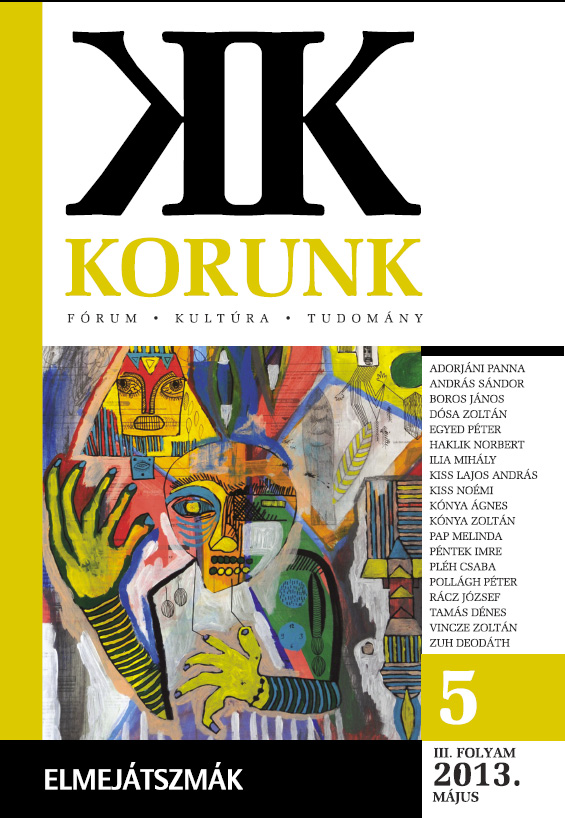Tudat, tudatosság, tudatparadoxonok
Consciousness and its paradoxes
Author(s): Péter EgyedSubject(s): Philosophy, Philosophical Traditions, Early Modern Philosophy, 19th Century Philosophy, Contemporary Philosophy, Analytic Philosophy, Philosophy of Mind
Published by: Korunk Baráti Társaság
Keywords: consciousness; paradox; human mind; John Locke; An Essay Concerning Human Understanding; David Chalmers; Edmund Husserl
Summary/Abstract: In our daily lives, we are in the habit of continuously monitoring and maintaining our consciousness, more or less consciously. This process is characterized by a systematic and cyclic investigation from morning to night, and it even interferes with our dreams. Due to this type of universal preoccupation with the phenomena of human consciousness, more advanced cultures are always inclined to produce theories for its explanation and functioning. The author offers a fascinating contemporary close reading of John Locke’s seminal Essay Concerning Human Understanding, associating its basic questions and tentative answers with modern directions in the philosophy of mind, among which the works of Étienne Balibar, David Chalmers, and Edmund Husserl.
Journal: Korunk
- Issue Year: 2013
- Issue No: 05
- Page Range: 14-20
- Page Count: 7
- Language: Hungarian

